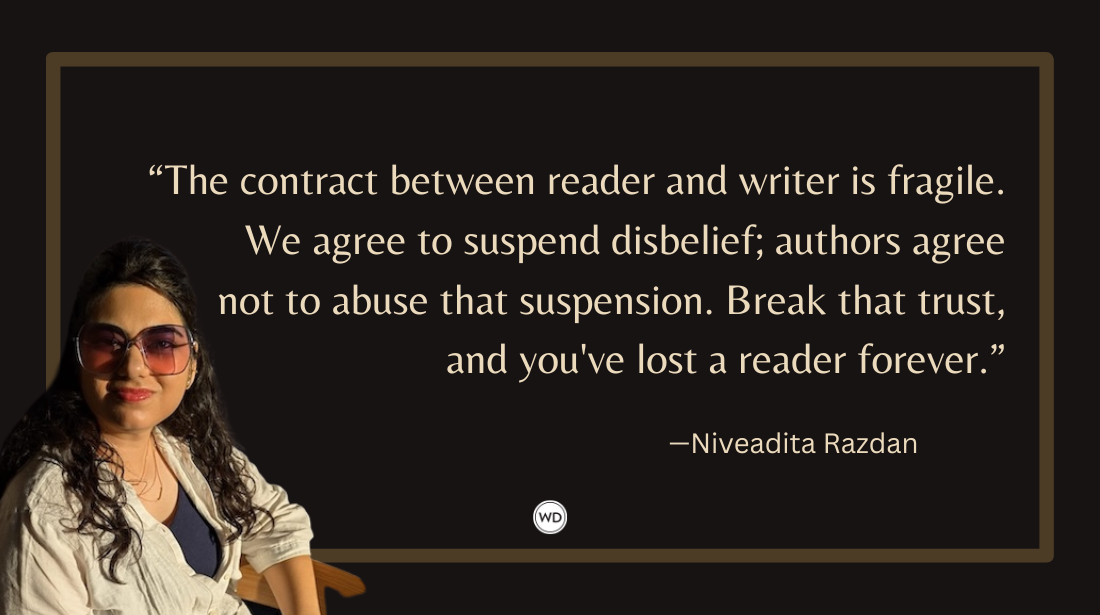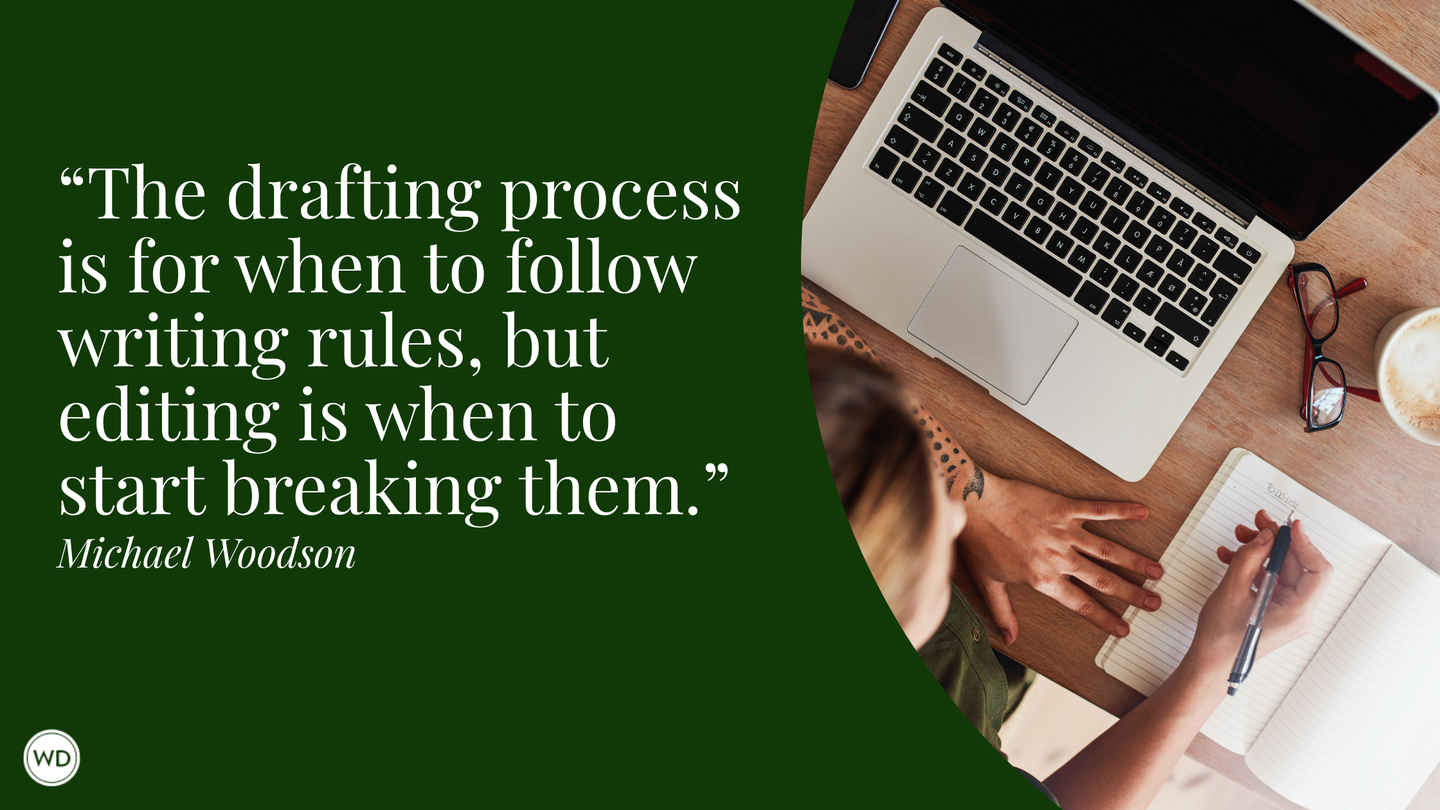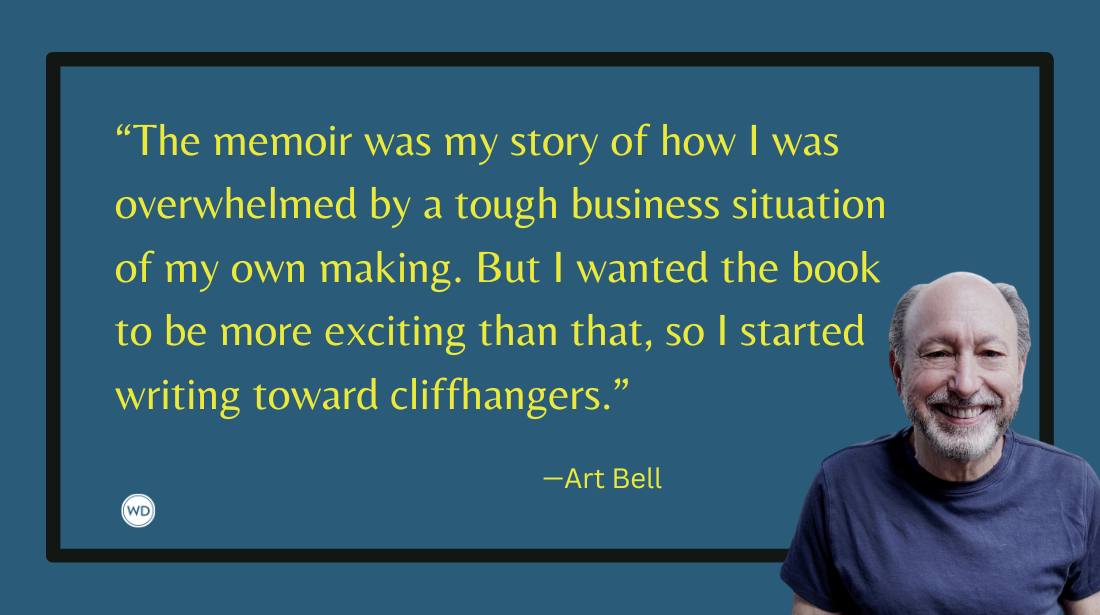5 Tips for Writing a Spy Thriller Novel
Novelist and former senior intelligence analyst Alma Katsu shares her wisdom for creating a realistic and gripping spy thriller novel.
Writing a spy thriller is harder than it appears. Even though I was working in intelligence when I sold my first book, The Taker, it was not a spy novel. All five of my books have a combination of historical fiction and horror or fantasy. Nary a secret agent in sight. It would take me ten years to crack the code and write my first spy thriller, Red Widow, which comes out March 23.
If you’ve got your heart set on being the next Ian Fleming or John le Carré, the following five tips should give you food for thought.
5 Tips for Writing a Spy Thriller Novel
Character Is King
Spy thrillers are, first and foremost, stories, and that means your characters are going to carry the day. Readers fall in love with characters, so take no shortcuts here. Make sure your protagonist is interesting and complex, not just an amalgam of stereotypes. Give him or her a rich backstory, a flaw or two, and the two most important attributes you can have in the spy business: a conscience and a moral compass.
In Red Widow, the main characters’ moral compasses are severely tested. Lyndsey Duncan is a case officer at CIA tasked with finding the mole who is handing over the Agency’s best assets to Russia. Theresa Warner is the Red Widow, wife of a CIA officer who died during an operation inside Russia. The two officers’ lives become entwined over the mole hunt, ultimately causing both women to question what it means to work at CIA, what you owe to your country, and what you owe to yourself.
Be aware that the Intelligence Community (IC) has made great efforts in the past couple of decades to diversify its workforce. This wasn’t to be politically correct: it’s because a diverse workforce is a stronger, smarter, and more resilient workforce. Let your imagination run wild as you build your characters.
IndieBound | Bookshop | Amazon
[WD uses affiliate links.]
Political Science Should Take a Backseat
You might think what differentiates spy thrillers from their mystery, crime, or suspense thriller brethren is the political angle and while that’s true, it’s important to remember not to go crazy with it. Don’t think you have to impress everyone with your knowledge of Soviet-era history or use everything you learned while earning your doctorate in Chinese military strategy. As with other types of exposition, a little bit (judiciously placed) goes a long way.
The exception here is a novel that’s completely immersed in a foreign country. You truly must be an expert in another country or region and have deep knowledge of the culture, language, and history to be able to pull this off. The “Inspector O” novels, set in North Korea, are an outstanding example of this type of novel. Written by James Church, the pseudonym of a former career North Korea intelligence analyst, these novels perfectly balance subject matter expertise with plot, character development, and everything else it takes to make a story.
Timing Is Tricky
In real life, political situations change quickly and if your novel is tied to a specific political sub-movement or breaking cult figure, the moment could be over before your book gets to the printers. Better to pick something evergreen—the Russians embrace of propaganda as a means of state power, say—and then riff on an aspect of this for your plot. Spy thrillers, possibly more than other genres of commercial fiction, are vulnerable to the news cycle. It might be hard to get publishers or agents interest in a story based on a political or military conflict that took place even as recently as 10 years ago unless it’s got a killer, evergreen hook to it, or is clearly meant as historical fiction.
Know How the Intelligence Community Works
There’s no excuse to base your knowledge of intelligence work on TV, movies, and other novels when there is such a wealth of research materials, a lot of it coming straight from the horse’s mouth. CIA’s own website (cia.gov) offers a treasure trove. Next, visit the Center for the Study of Intelligence (https://www.cia.gov/resources/csi/), the Intelligence Community’s own think tank. It can point you to great research, papers, and monographs that can provide both broad information on tradecraft (that’s how the spy business is done) and specific historical events.
And while we’re at it, CIA is not the only spy agency in the U.S.—there are now 18 federal agencies in the IC (its newest member, the U.S. Space Force, joined in January 2021). Learn more about the IC at the Office of the Director of National Intelligence and maybe you’ll be inspired to place your protagonist at one of the lesser-known but vital agencies that also protect American citizens and interests.
Working in the Field Is Not Necessarily a Prerequisite
I’m often asked if you must have worked as a spy to write a good spy novel. The answer, in my opinion, is that while having worked in the field gives you a big leg up in terms of tradecraft, it’s not the be-all-end-all. You know how the work is done and you’re familiar with all the foibles of the business, that’s true. But affiliation with the IC is a double-edged sword.
There are two drawbacks. First, you can fall into groupthink on a topic or target very quickly, which makes it hard to come up with the fresh ideas you need to write a book. Secondly, when you get a security clearance you take on a life-long obligation to let the IC review anything you write that has to do with your intelligence work before it’s published. It’s called pre-publication review and the IC takes it very seriously, and if you’re not diligent in your writing process you can trip yourself up by straying too close to classified information.
Alma Katsu is the author of five novels, most recently The Deep and The Hunger. Prior to the publication of her first novel, she had a 35-year career as a senior intelligence analyst for several U.S. agencies, including the CIA and NSA, as well as RAND. Katsu continues as an independent consultant and technology futurist, advising clients in government and private industry. Katsu is a graduate of the master's writing program at the Johns Hopkins University, received her bachelor's degree from Brandeis University, and has been a signature reviewer for Publishers Weekly and a contributor to The Huffington Post. Her books have received starred reviews, been featured in the New York Times and Washington Post, and have been on numerous Best Books lists. She lives outside of Washington, D.C., with her husband. Visit www.almakatsubooks.com.








